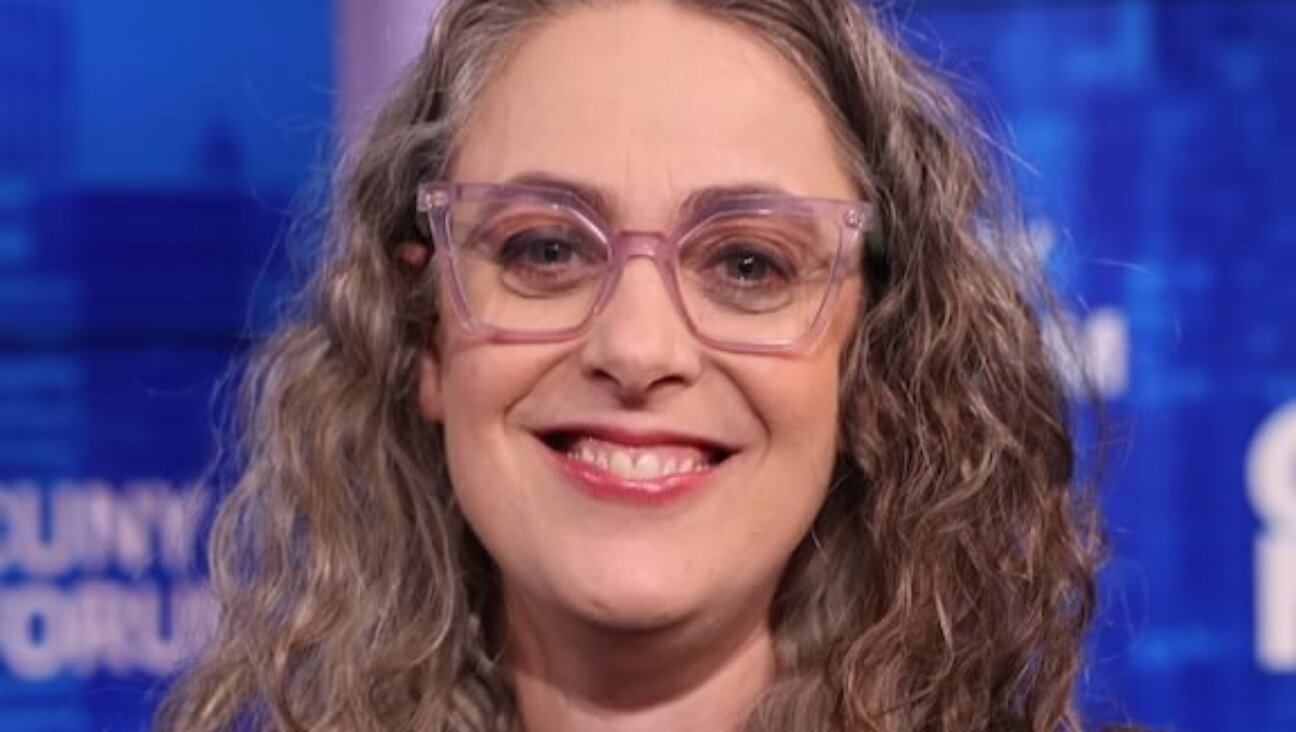It’s a little disconcerting to discover a Supreme Court ruling playing out in real time in your own neighborhood. That’s what happened to me last Friday. In the morning, the justices ruled that a Colorado web designer could refuse to make wedding websites for same-sex couples. In the afternoon, I learned that a kosher bakery in the next town over had rejected a synagogue’s Pride Shabbat order, prompting calls for a boycott.
Yes, the culture wars have come for challah.
As I edited Louis Keene’s article about the controversy — which quoted the owner of the bakery saying that selling rainbow cupcakes is “antithetical to an Orthodox Jew” — I was reminded of a point that advocates for queer inclusion had made in a story Louis wrote a few months back. That article profiled a middle-aged gay man who’d been kicked out of his Orthodox shul in Florida.
The memorable point was that Orthodox rabbis do not generally police their congregants’ observance of other mitzvot — no spot-checks of kitchens for kashrut, say — so why so obsessed about this one?
I swung by the West Orange Bake Shop yesterday to ask the owner, Yitzy Mittel, why he chose to reject the Pride cake ordered by Rabbi Julie Schwarzwald of Congregation B’nai Israel in Millburn — but agree to sell her 10 dozen cookies. Since, of course, he does not think women are allowed to be rabbis.
Why, also, the bakery sells its yummy challah to people who might use it for ham-and-cheese sandwiches. Why, indeed, the shop was even open yesterday, and selling sweets and challah to fellow Jews, given it was a fast day (17 Tammuz, commemorating the Romans’ breach of the Jerusalem walls in the year 70).
Mittel emerged, beleaguered, from the back. He really did not want to talk about this anymore. He shrugged off the female-rabbi question saying he didn’t know who placed the order. As for being open on a fast day, he cited a Talmudic principle that says it is not forbidden to sell wine to a Nazirite, even though the Nazirite is not supposed to drink it, because he would likely just get it somewhere else.
And regarding what people put on their challah, Mittel’s wife, Rachel, piped in: “They don’t tell us what they’re using it for.” Yitzy added: “It’s not celebrating a movement.”
As we spoke, a few customers came and went, with cookies and a challah. A worker was starting to fill pink gift bags with Shabbat treats for a bulk order. I noticed they were selling something like my all-time favorite from Marzipan bakery in Jerusalem, essentially the inside of chocolate rugelach stacked in a cake.
I wasn’t fasting, but I nonetheless left empty-handed — and unsatisfied.
























